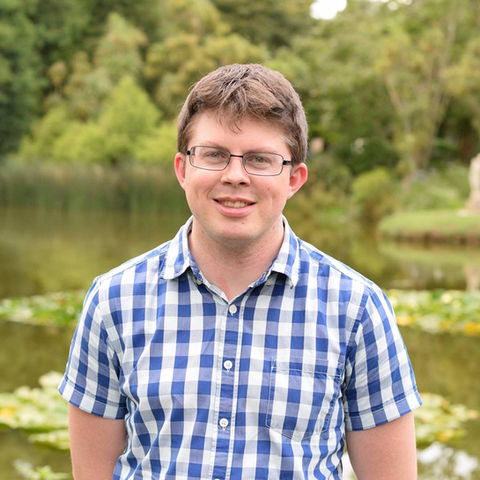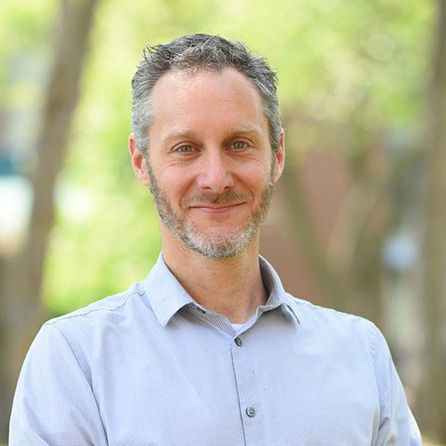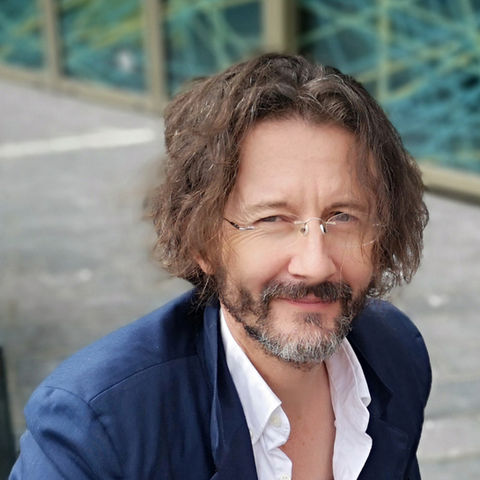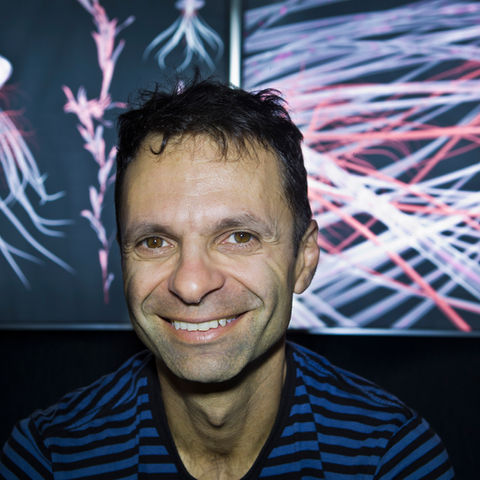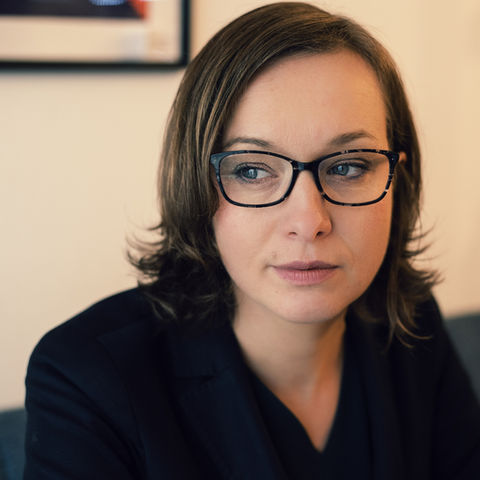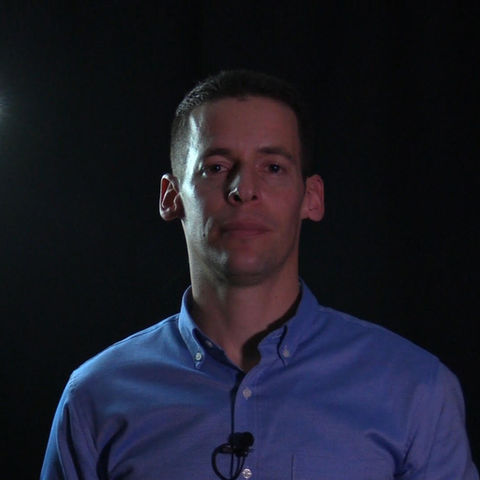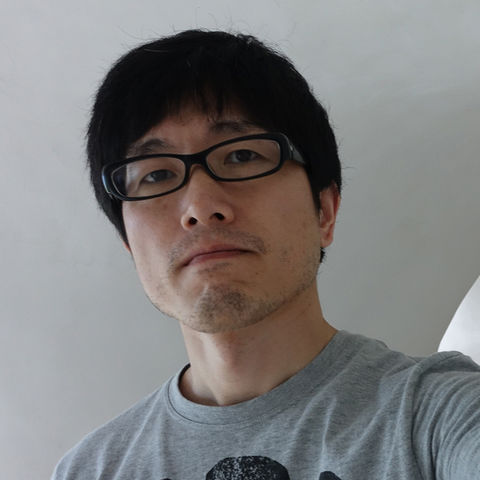About the book Robot 100
Robot 100 was released on the centenary of the globally used word robot, which first appeared in the drama R. U. R.: Rossum Universal Robots by Karel Čapek. This book includes the first edition of R. U. R. in its original 1920 version together with contemporary perspectives on Čapek's one-hundred-year old piece through the eyes of one hundred personalities from the Czech Republic and from around the world, including scientists, writers, journalists, artists, and athletes. The reader will have the opportunity to realize how many contemporary questions were posed in the century-old Czech science fiction play, as well as learn the facts about the history and progress in fields such as robotics, synthetic biology, artificial life and artificial intelligence, and discover the challenges arising from today’s modern technologies. The book also aims to highlight that robots in R.U.R. were made of chemically synthesized soft matter resembling a living matter, and that robots are not necessarily just electro-mechanically driven metal constructions. In addition to scientific texts written in a popular way, the book comprises artistic contributions such as drawings and sci-fi commentary. The book’s intended audience is the general public.
In 2024, a selection of 20 essays from Robot 100 book was published in English by MIT Press under the title "R.U.R.and the Vision of Artificial Life". The volume also includes a new English translation of Karel Čapek’s play R.U.R.
English translations of additional Robot 100 essays that are not included in the MIT Press edition are available for free download.
R.U.R.
R.U.R. is a science fiction play by the Czech writer Karel Čapek. R.U.R. stands for Rossum's Universal Robots. The work was published in Prague by Aventinum in 1920 and premiered at the city's National Theatre on 25 January 1921.
100 years after...
We published the book ROBOT 100.
The Czech edition has the Czech subtitle: "Sto rozumů". "Sto" means in Czech one hundred and "rozum" means wisdom, mind, sense ("Rossum" is the fictional name that Čapek used in his drama).
100 people used "rozum" to contribute to the book "Robot 100: Sto rozumů".


Editor
Jitka Čejková studied chemical engineering at University of Chemistry and Technology Prague, where she successfully defended her doctoral degree in 2010. She currently works as Associate Professor in the Chemical Robotics Laboratory at UCT Prague. She has postdoctoral experience from the University of Trento and the University of Tokyo. Her research focuses on how chemical engineers can contribute to artificial life research. Artificial life is the study of artificial systems that exhibit the behavioural characteristics of natural living systems. She focuses on the investigation of organic droplets with life-like behaviour and recently she proposed to call such droplets “liquid robots”. She is active in science communication both in the Czech Republic and abroad. She focuses primarily on popularization of research in the area of artificial life and the etymology of the word robot, which comes from Czech.

Contents
The book ROBOT 100 contains
Titles and authors were uncovered continuously on the blog and on social media (Facebook, Twitter #Robot100).
English translations of essays that are not in the MIT Press book of R.U.R. and vision of artificial life are continuously published on this website.
Contact
Editor:
Doc. Ing. Jitka Čejková, Ph.D.
Department of Chemical Engineering
University of Chemistry and Technology Prague
Technická 3, 166 28, Praha 6
Czech Republic
tel.: (+420) 220444460
Publisher of the Czech version:
Ing. Eva Dibuszová, Ph.D.
Centre for Information Services
University of Chemistry and Technology Prague
Technická 5, 166 28, Praha 6
Czech Republic
tel.: (+420) 22044-3071
mobil: (+420) 739 249 136
eva.dibuszova@vscht.cz







